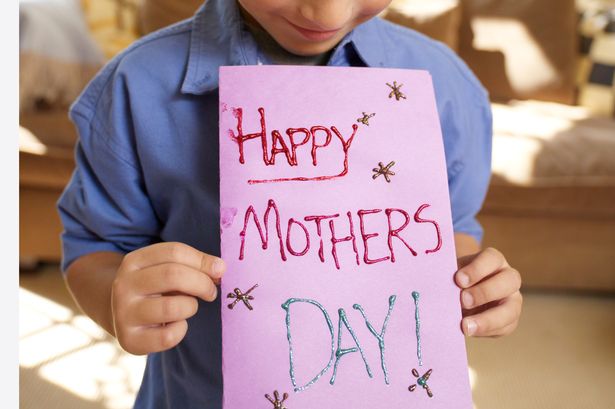 As many of you know, I've written a book about my journey as both a pastor and a person who's struggled with infertility due out with Chalice Press in October (so exciting!). And so with this true as you might imagine . . .
As many of you know, I've written a book about my journey as both a pastor and a person who's struggled with infertility due out with Chalice Press in October (so exciting!). And so with this true as you might imagine . . .
In these years of struggle I've thought a lot about what the church does wrong, what it can do better, and how I might be a voice to help the church be a place that is more inclusive for all women.
So, this week I contributed a post over at Patheos (a fabulous site for conversations in progressive theology) called "5 Ways the Church Hurts On Mother's Day" Here's a teaser.
Mothers Day. In many churches its celebrated as a church holiday when Pentecost, Trinity, or All Saints Day are not. In some, it’s the second highest attendance Sunday after Easter (I know it was in the churches I’ve pastored!). On May 8th, it will be rare that you don’t find a bulletin cover with the title “Mother’s Day” printed on the front.
Oh, how we love the day! In fact, so many churches have Mother’s Day routines executed with robot-like procession. Few can imagine doing it any other way.
But in this high exalted practice of Mother’s Day celebrated in churches of all sizes and flavors, I believe hurt occurs. Hurt occurs in practices like these 5 common Mother’s Day observances . . . You can read the rest by clicking here.
I've also contributed a post over at Project Pomegranate. This is a ministry that provides non-directive, spiritual resources about infertility, pregnancy loss, and infant death to individuals and their faith communities through its blog, books and other resources. You can find them on Facebook.
My post is called, "A Long Labor" a personal reflection about what it means to labor through infertility, though in the end the work might not result in a typical pregnancy. Here's part of the story.
I have been in labor for almost eight years. There have been ultrasounds. There has been blood work. There has been pain: both physical and emotional.
I feel called to motherhood. It’s as strong as the calling I felt to ordination almost ten years ago. It’s as strong as the calling that I felt to marry over eight years ago. But, I am still a childless mother in the the way most mothers are recognized. My bio below lists no children in our immediate family.
When I first began the journey toward motherhood, I was naïve.
After being married a year, I thought we’d start trying to have kids and then nine months later pop out a beautiful baby. I saw so many of my friends become mothers so easily. My mind and body felt strong. I saw no groaning up ahead. Why would childbirth not happen easily for me? You can read the rest here.
Also check out this post from my friend and fellow clergy colleague, Renee Kenley Purtlebaugh about her long season of grief. She has a great story to tell too.
I'm thankful for these ministry partners helping to tell stories so the silent journey of infertility is silent no more.
Most of all this weekend, I'll be reminded of these truths: